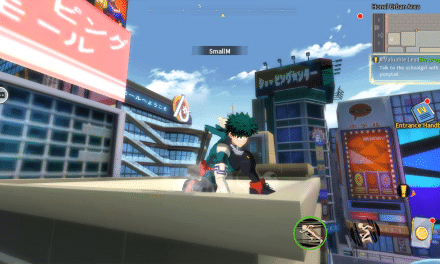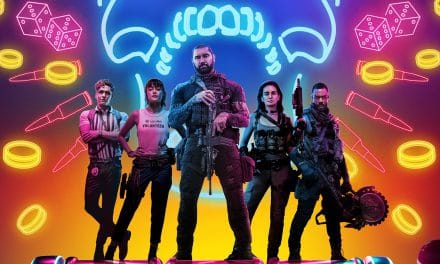There’s a big difference between expectation and speculation when it comes to our favorite franchises. Talk about Star Wars or the Marvel Cinematic Universe and, as Doctor Strange saw in Infinity War, there is a nearly infinite number of future conversations to be had. Certainly the franchises carry a lot of comparisons. Both are rich in history and beloved characters. And yes, there is, to some degree, a level of expectation with respect to how each franchise will handle that history and those characters. But one article recently compared the MCU’s WandaVision finale to The Last Jedi of Star Wars…. And the comparison couldn’t be more wrong.

The Inverse article makes a broad-sweeping comparison of the two by essentially claiming that both subverted expectations, so they’re equivalent. They’re not. Why not? Let’s go back to the opening line of this article. In comparing the WandaVision finale with Star Wars: The Last Jedi, the article’s author confuses expectation for speculation. And when you clarify the difference between the two, any analogy between the entries of their respective franchises immediately falls apart.
WandaVision is NOT the MCU’S Last Jedi

When it came to The Last Jedi, Star Wars fans had huge expectations. This was to be the eighth film entry into a forty-year franchise. Characters had long been established. Fans, and in this author’s humble opinion, rightfully so, expected the film and its characters to be familiar and continue the elements and themes that the Star Wars franchise built up over four decades. Rian Johnson has admitted on multiple occasions that doing so was never his intention. Instead, we got a Luke completely out of character, and a story that had no real direction. (The Inverse author erroneously states that TLJ was “still conscious of the next storyteller in line.” Even Rian Johnson himself admits that to be patently false.) Fan reaction to The Last Jedi boiled down, in one way or another, to expectation. Not so with WandaVision.

The first Disney+ entry into the MCU was refreshing specifically because there was no expectation about what the series would entail. What there was, to the contrary, was an extraordinary amount of speculation. The one thing that the Inverse article does get right is that fan speculation about WandaVision ran rampant. Was Mephisto the real villain? Would Doctor Strange appear? Mutants? The X-Men? The truth is no one had any clue about what would happen. Rather, they relied solely on their own conjecture and had to wait for each episode every Friday to see what would happen.
Expectation and speculation are not the same
WandaVision was not beholden the same level of expectation as was TLJ. That’s what made the show, and its finale, so satisfying. Speculation made it fun. To the contrary, for a great many fans, expectation was why The Last Jedi failed. Comparing the two is, as they say, like comparing apples and oranges.





Ironically the author here confused expectation and speculation In TLJ as well. People speculated Luke would be some Force God and even JJ (and even Lucas) clearly put Luke as a hermit who abandoned the Force into a suggestion in TFA. We saw Like questioning so much in ESB and even RotJ decades before that it wasn’t even a huge shock that he turned his back on his past.
And when Luke did show his Force God skills and returned to the Force at the end, we’d already been told he would die doing it.
Most hate TLJ gets is a direct result of someone complaining that missed important details within the plot and are just spurned on their own wishes failing to get recognized.
At the end of the day, TLJ made millions and was a high selling piece of entertainment even after the theater – enough that it was the best selling blu-ray that year until Infinity War released.
I agree wholeheartedly. The biggest grip I get from those who have issues with “The Last Jedi” that it did not fit there headconnon of who Luke Skywalker was despite the fact that the Luke in “The Last Jedi” is in fact the same Luke from the original trilogy, only 30 older. This was the fate that George Lucas himself envisioned for Luke for his sequel Trilogy but there are those who want to hold Luke as a superhero with out faults, which was never the case in the original trilogy. You get the sense that those who complain about “The Last Jedi” never saw the original trilogy and only liked the lightsaber fights and spaceships.
Luke was not out of character in The Last Jedi in my opinion and yes, WandaVision can’t be compared to The Last Jedi. “Jedi” was original and brought in a good story, despite what the naysayers like to say otherwise. WandaVision was priticable, while having great acting in it. “The Last Jedi” is still being debated and studied today, WandaVision is already an after though.
Pretty much everything you said is completely, and utterly false.